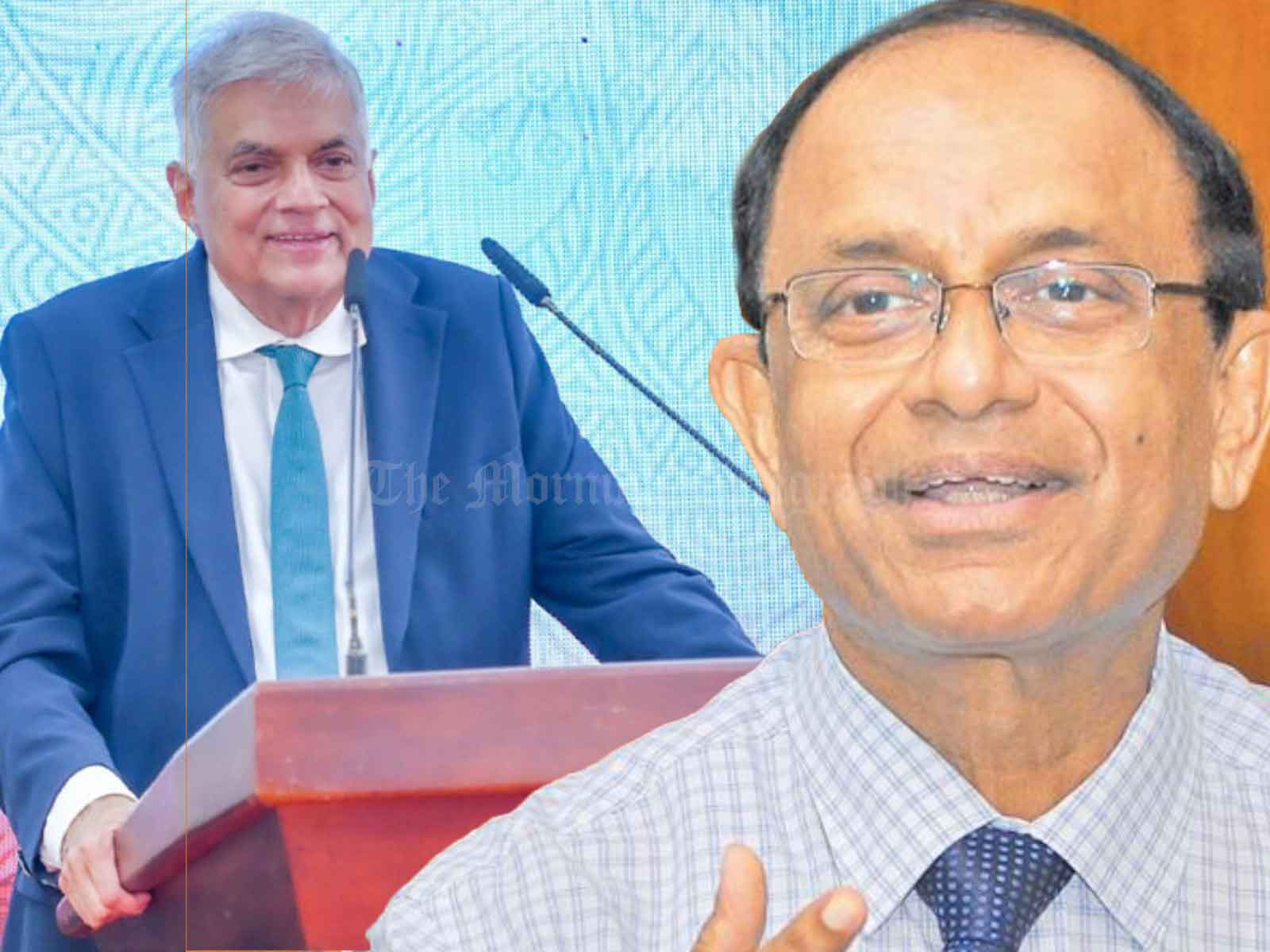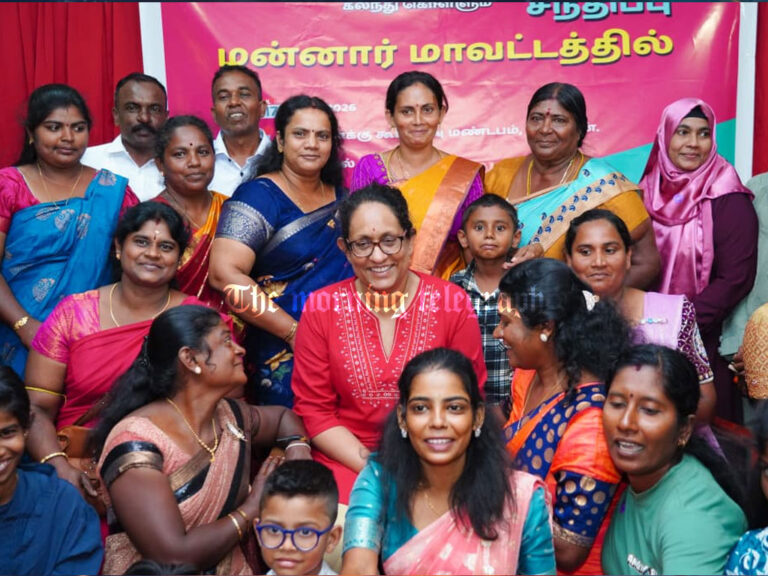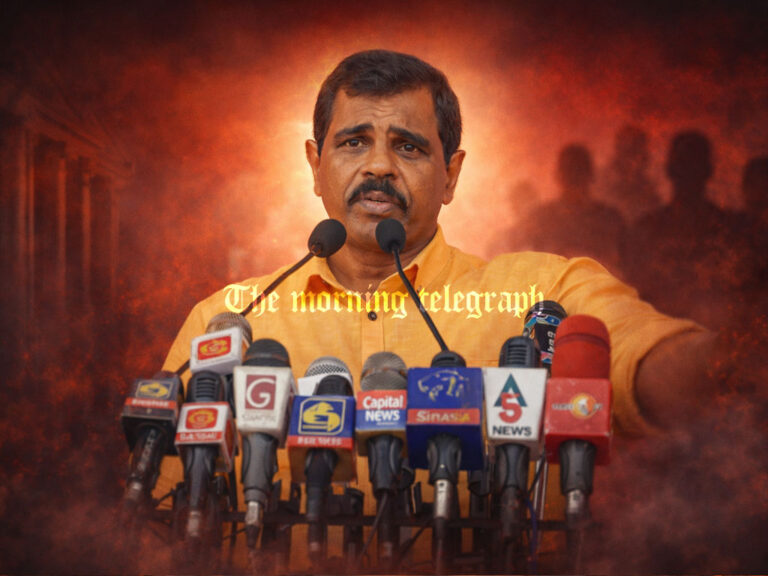
Dr. Jayampathi Wickramaratne, President’s Attorney, has responded to President Ranil Wickremesinghe’s recent remarks regarding the 19th Constitutional Amendment. In a press release issued today (20), Wickramaratne addresses accusations that his handling of the amendment was flawed, as suggested by President Wickremesinghe at a Galle event on July 19.
According to Wickramaratne, the decision not to amend Article 83 of the 19th Amendment was intentional. He explains, “The entire drafting process was carried out on the basis that the 19th Constitutional Amendment Bill would not be submitted to a referendum in accordance with President Sirisena’s election declaration. The term of office of the President and the Parliament was reduced from six years to five years, but the government did not propose to change the maximum of six years, which could increase the terms of office, as such a referendum would be required.”
Wickramaratne further notes that the amendment process was supervised by a Cabinet Sub-Committee chaired by then-Prime Minister Ranil Wickremesinghe, and included contributions from senior officers of the Law Drafting Department and himself. He highlights that all drafts were reviewed by the Sub-Committee and that changes were made following discussions with the Attorney General, who was consulted several times by Wickremesinghe.
In his response, Wickramaratne addresses the Supreme Court challenge to the 19th Amendment, stating, “In spite of these facts, I am disappointed that President Wickremesinghe has called it my delay not to reduce the maximum tenure of the President and the Parliament from six years to five years. In accordance with President Sirisena’s election declaration, I reiterate that the entire amendment process took place on the basis that the 19th Constitutional Amendment draft would not be submitted to a referendum.”
Wickramaratne expresses dismay that the blame for the oversight regarding the maximum term limit has been attributed to him, reinforcing that all actions were taken in line with the initial understanding that the amendment would not be subjected to a referendum.




